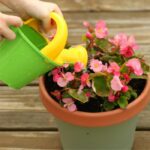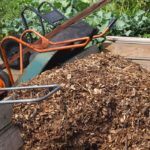Water is the medium for all internal plant processes, making it a primary need for your vegetable garden. In fact, vegetables consist almost entirely of water. The trick, however, is finding the perfect amount of water to keep your plants healthy and happy.
Under- or over-watering plants can cause disease or death. Most temperate plants, especially garden crops, need at least 2 inches of water per week, especially during the spring and summer when growth is at its peak. However, watering frequency depends on factors like soil quality and climate.
Determining how much water your plants need can be pretty challenging. Seedlings have different watering requirements than established vegetables, while in-ground bed watering needs vary from those in containers. Understanding these dynamics enables you to maximize watering efficiency. Let’s take a look at all you need to know to determine the proper amount of water for your garden.
How Often Should You Water Your Vegetable Garden?
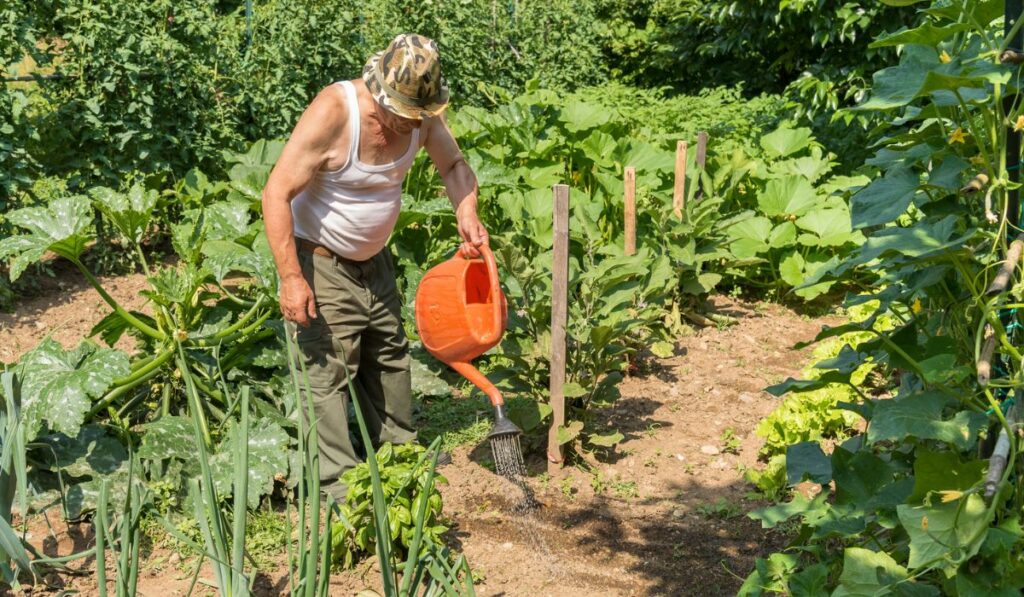
Improper watering is the top reason why plants fail to thrive. If your plants are in the ground, it’s best to provide your vegetable garden with a minimum of two inches of water weekly. Plants do best when watered around three times each week.
Check soil moisture levels by feeling the soil with your hands. If the soil sticks to your hand, it is moist enough. When dry or cracked, the soil needs hydration. If you prefer a more precise reading, you can also use a soil moisture meter (on Amazon).
Early morning or evening is the best time to water vegetables.
Factors to Consider When Watering
Watering frequency can change depending on various factors. Below are the top factors to consider when watering your vegetable garden:
Weather and Rain
As we mentioned, most vegetables need around two inches of water weekly. This requirement includes water that you provide and natural rainfall. So it’s essential to pay attention to each week’s forecast.
Temperature fluctuations also determine the watering frequency. You may need to water plants daily in some hot summer weeks, while you might not need to water over the course of a week in rainier seasons.
Soil Type
You should consider the soil in your garden. Sandier soils are going to need more water. Since sand particles are bigger, the water quickly escapes. Adding two to three inches of mulch or compost around your plants will also help retain moisture. Richer, denser soils with increased organic matter hold water longer.
Is Your Garden Bed Raised?
Beds planted on the earth will lose water more slowly than elevated ones. Water moves through raised beds more quickly. They drain efficiently, which is a plus, but you must keep an eye on them for that same reason.
Traditional in-ground gardens need an inch or two of water every week. You’ll probably need more frequent and deeper watering in a raised bed.
Watering Tools
While there’s no one right way to water a plant, watering from above, such as with a hose or sprinkler, is sometimes a bad idea because it drenches the plant’s leaves rather than its roots, which need the water.
Watering vegetable plants late in the day can also promote the growth of harmful fungi and bacteria on the plants’ leaves. If a plant is already sick, watering it from above can spread the disease to nearby healthy plants.
Use a drip irrigation system to provide a steady stream of water directly to plant roots, where it can do the most good. Drip irrigation systems (on Amazon) are efficient and straightforward to construct.
They provide a constant flow of water at a low pressure that reaches the roots of your plants. Drip systems also allow homeowners to activate or deactivate certain zones selectively.
Type of Vegetable
Different plant species have varying watering requirements. Most vegetables are over 80% water, so they need a constant water supply. Create a specific watering schedule for the different vegetables in your garden.
How Much Water Does a Vegetable Garden Need?
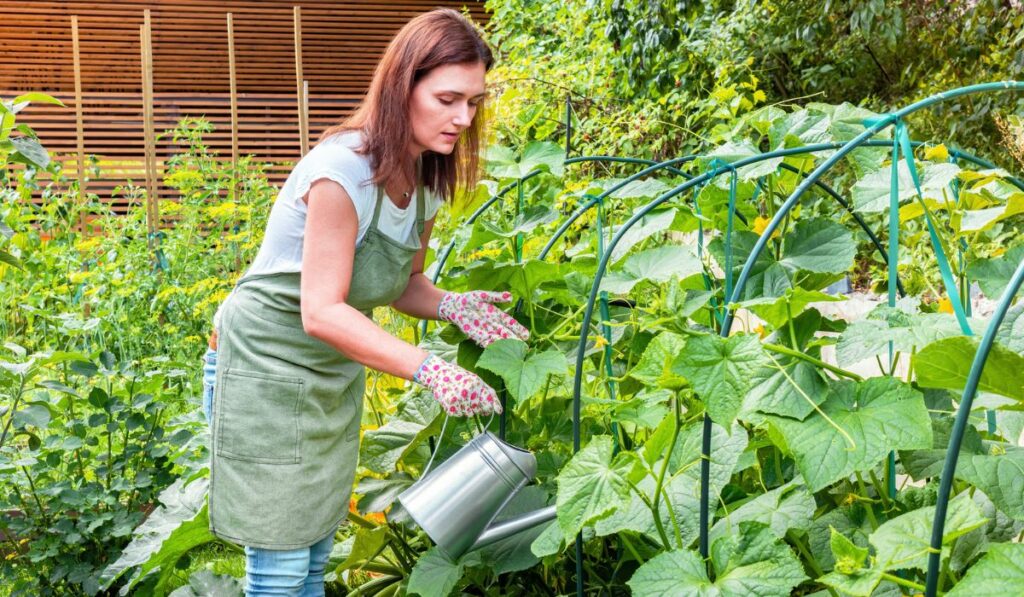
If your plants are in the ground, it’s best to provide your vegetable garden with a minimum of one inch of water per square foot weekly. Although gardeners with small mixed vegetable gardens don’t water each vegetable type differently, knowing which plants require more water to thrive is essential.
The table below summarizes the general water requirements needed by various plants. This guide works best for rich soils and areas with minimal rainfall.
| Vegetable | Weekly Water Requirements in Gallons | Crucial Watering Times | Tips |
| Beans | 6 | Flowering pod formation | Water generously when pods are forming for an increased harvest quantity and quality |
| Beets | 3 | Before soil becomes too dry | Water sparingly in the early stages to keep foliage from becoming too lush |
| Broccoli | 4 | The first four weeks after transplanting | Lack of water affects harvest quality |
| Cabbage | 6 | During dry weather | Excess moisture causes the heads to split |
| Carrots | 3 in early stages and 6 as roots mature | Before soil becomes too dry | Roots may split when you water after soil becomes too dry |
| Corn | 6 | When tassels form; When cobs swell | Underwatering as the ears form leads to smaller cobs |
| Leafy greens like spinach and lettuce | 2 | Frequently | Adequate water yields the best results |
| Onions | 3 | Early stages | Restrict water from bulb onions at later growth stages |
| Peppers | 5 | Throughout growing | Regulated moisture produces the best results |
| Potatoes | 4 | When the size of a marble | In dry weather, increase the water amount to 6 gallons every 10 days |
| Tomatoes | 6 | The first month after transplanting; During fruit and flower formation | Excess watering may affect the flavor |
Watering Mistakes to Avoid in Your Vegetable Garden
Here are the most common watering mistakes you should avoid:
- Overwatering and underwatering seedlings
- Underwatering raised beds and potted plants
- Shallow and frequent watering instead of deep watering
- Failing to use a rain gauge (on Amazon)
- Watering in the middle of a hot day
- Fertilizing before watering
- Wetting leaves
- Failing to provide mulch
It’s essential to water your garden correctly throughout the growing season. Avoid the mistakes above to keep your plants healthy and ensure you get a bountiful harvest. Consider using a moisture meter (on Amazon) to check soil moisture levels.

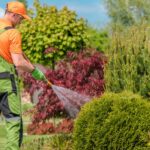
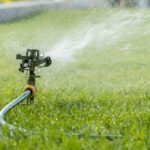
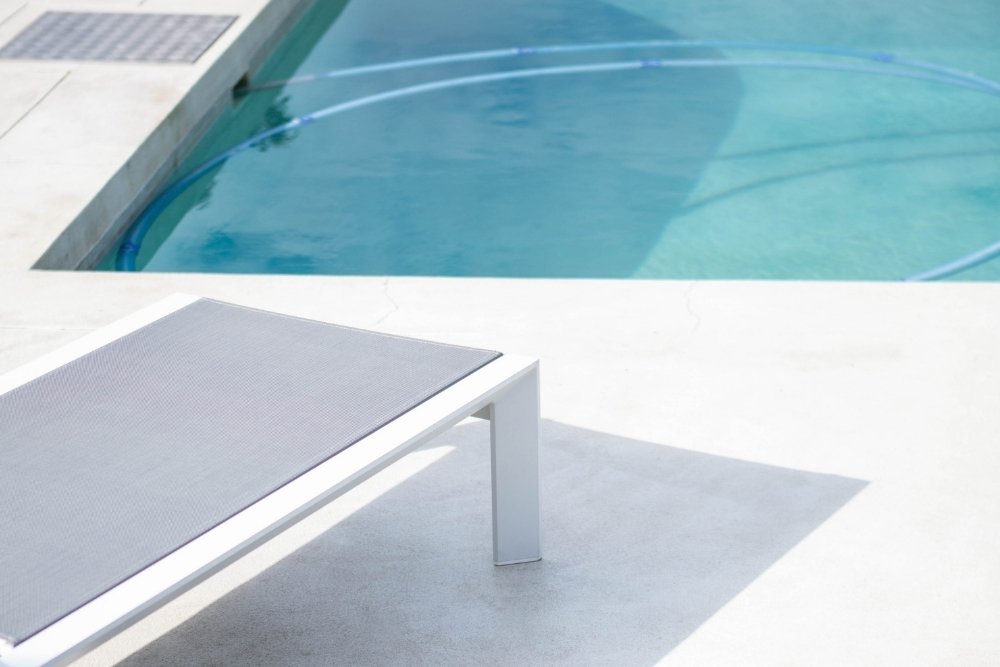
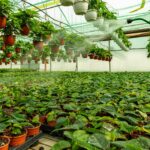
![How Often Do You Need To Water Sage? [+ Growing Tips] How Often Do You Need To Water Sage? [+ Growing Tips]](https://yourdiybackyard.com/wp-content/uploads/2022/09/Fresh-herbal-sage-in-a-plant-pot-in-the-garden-150x150.jpg)
